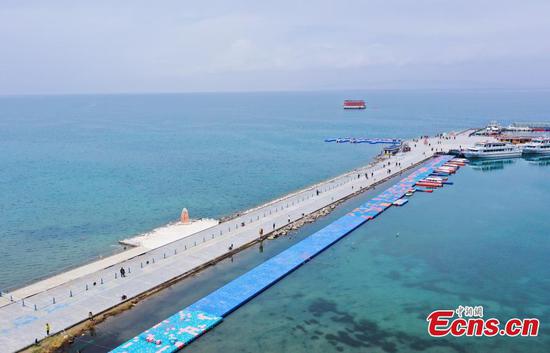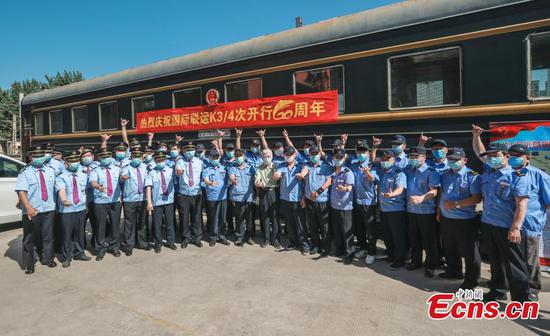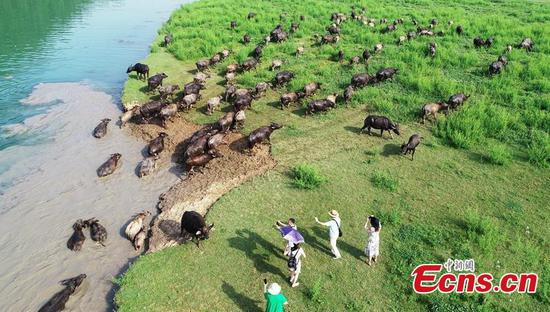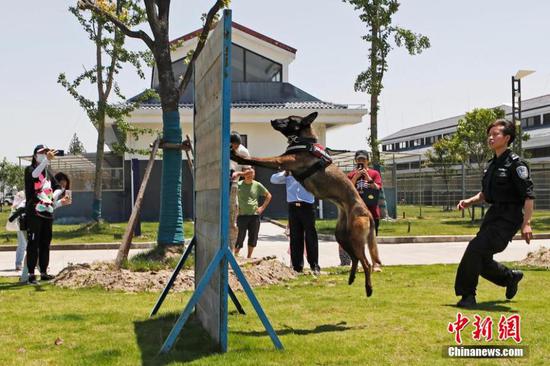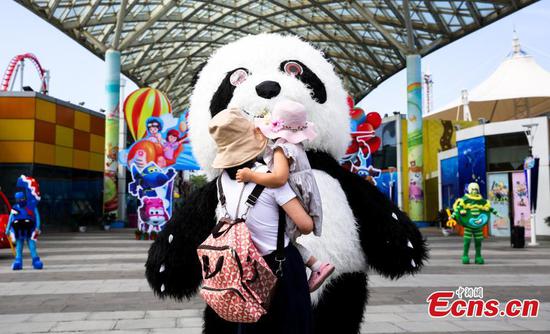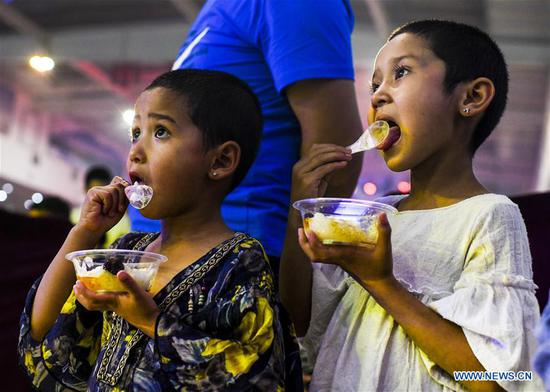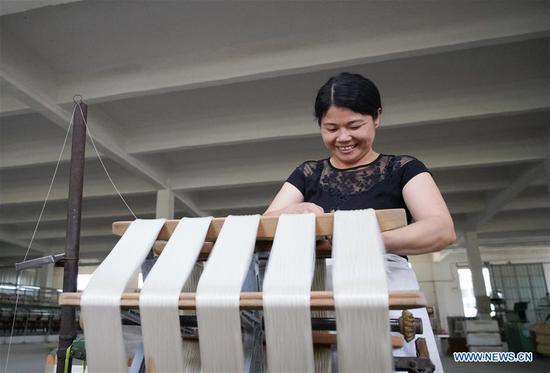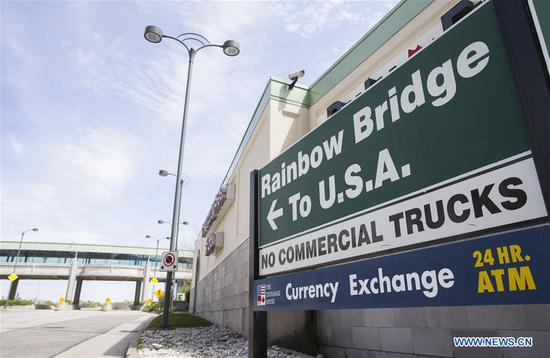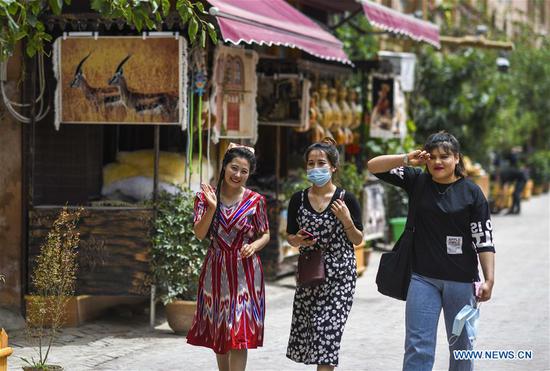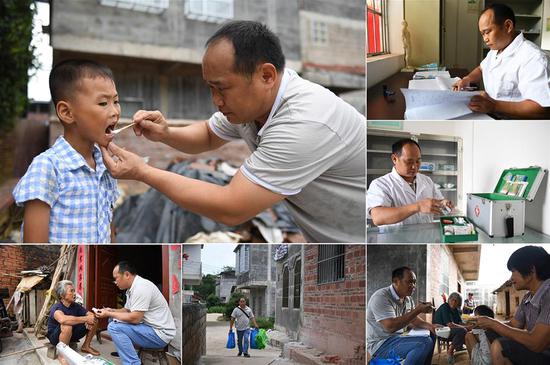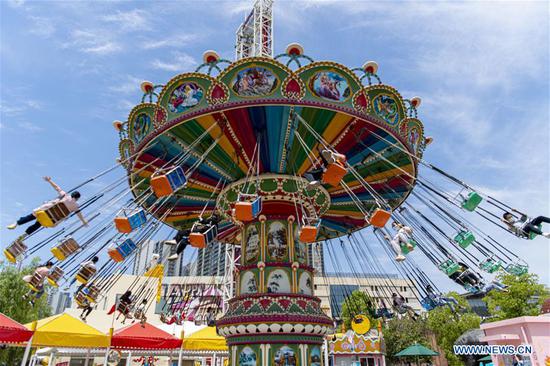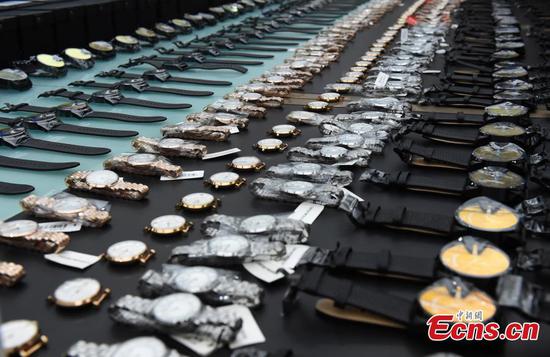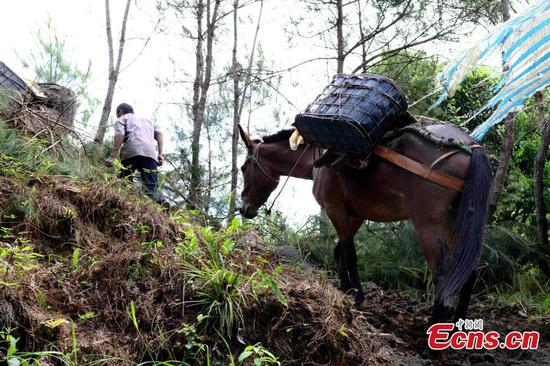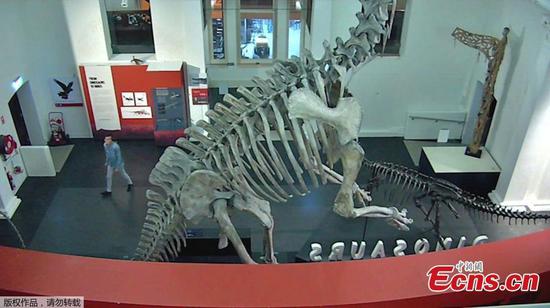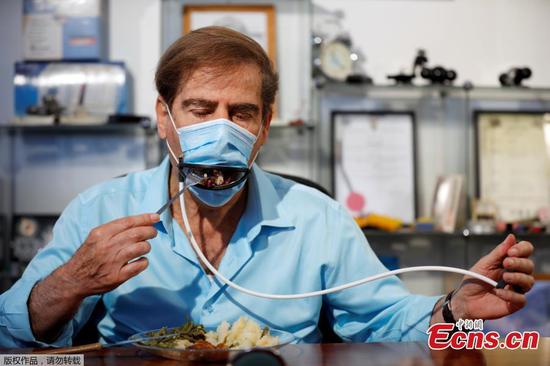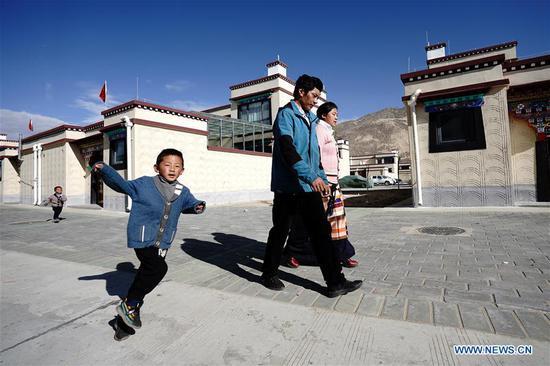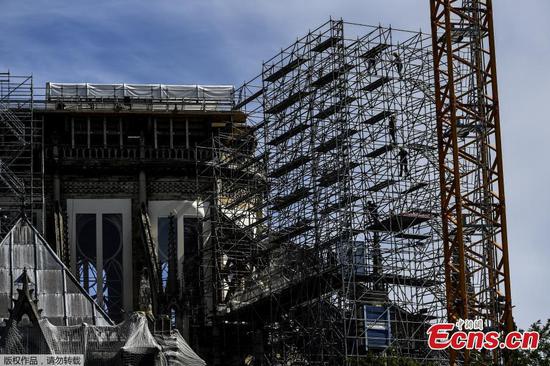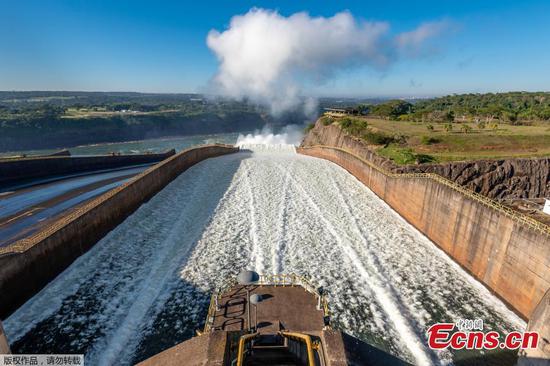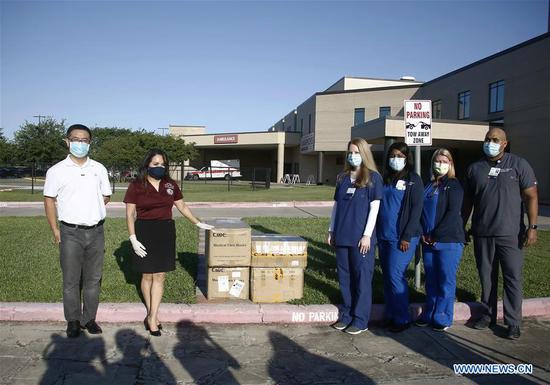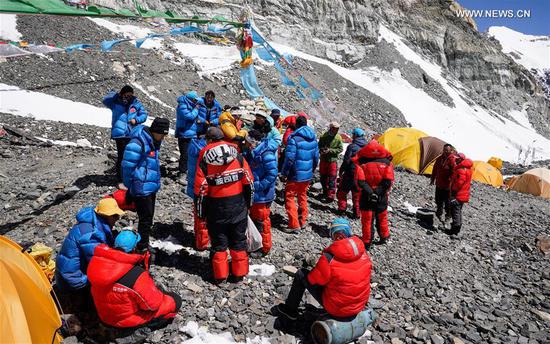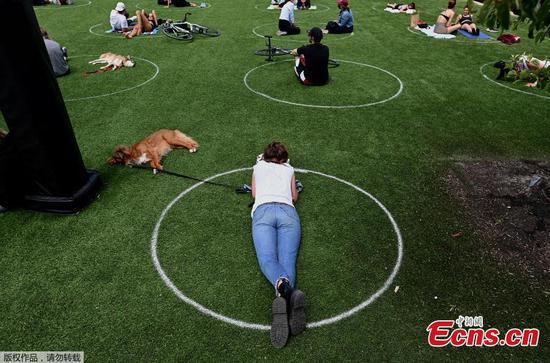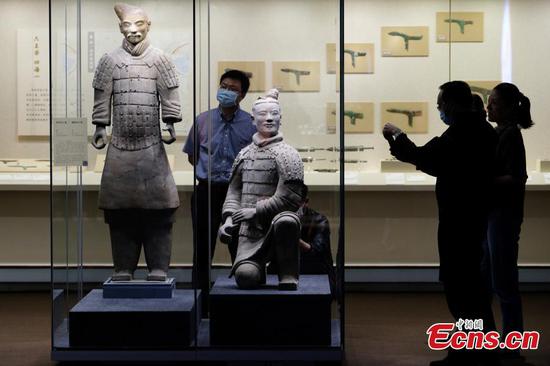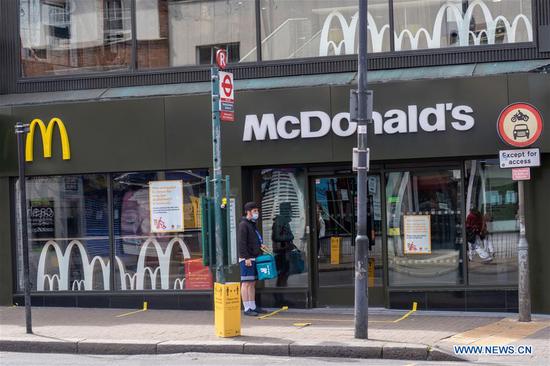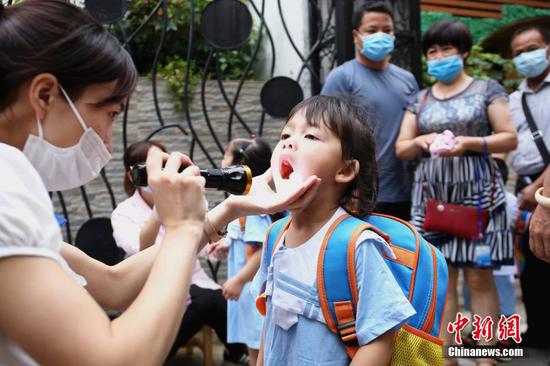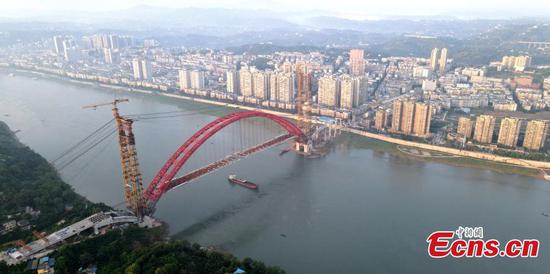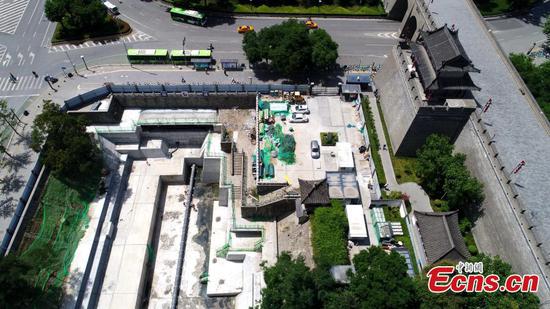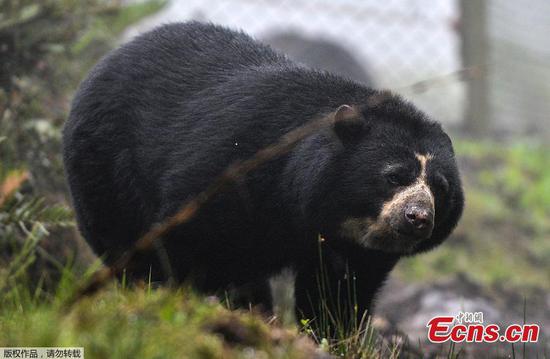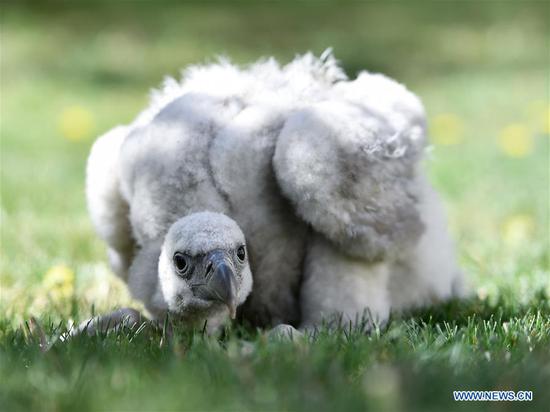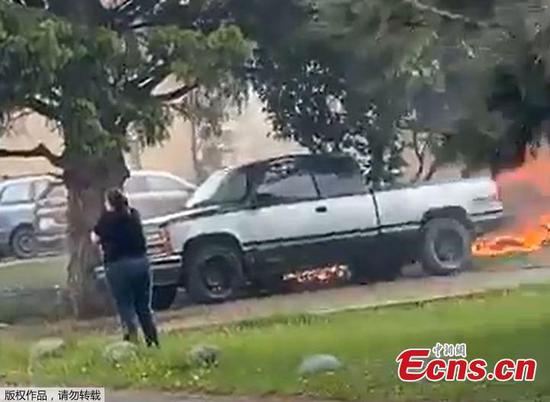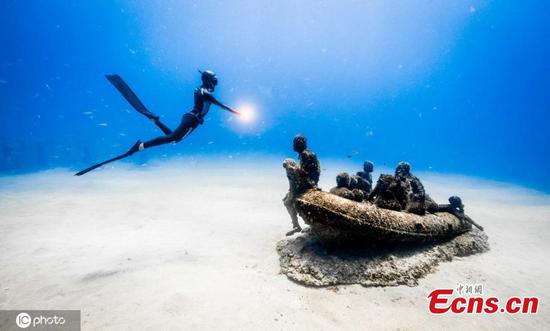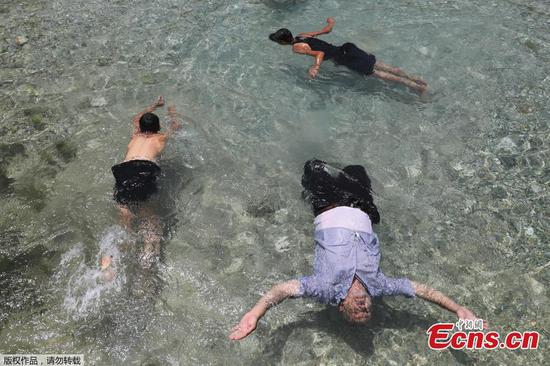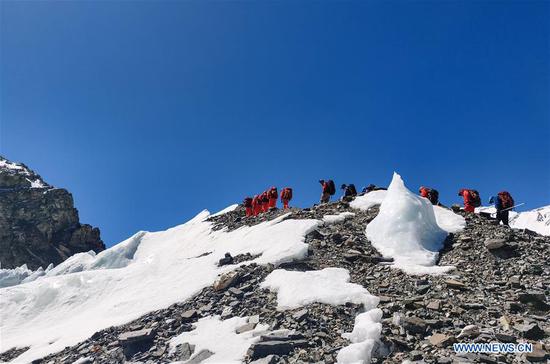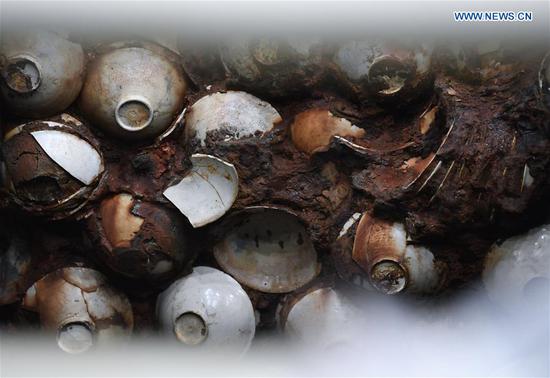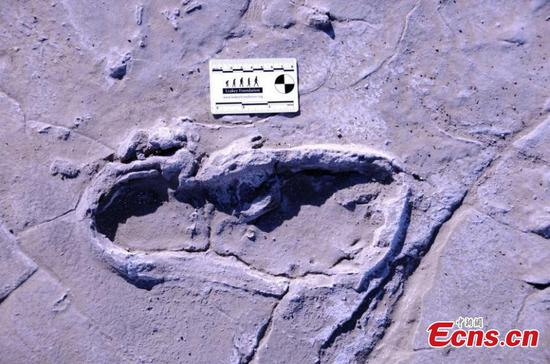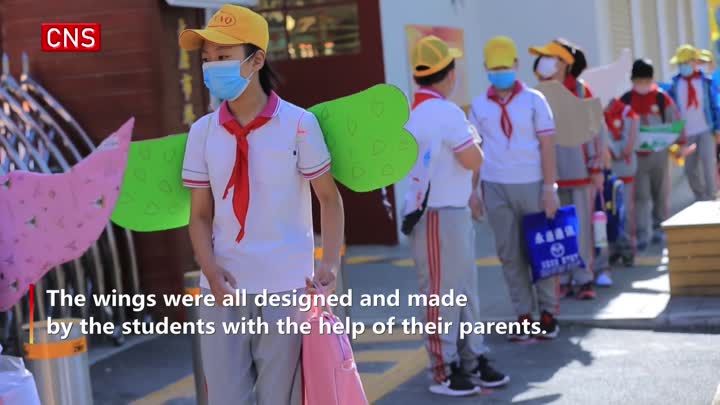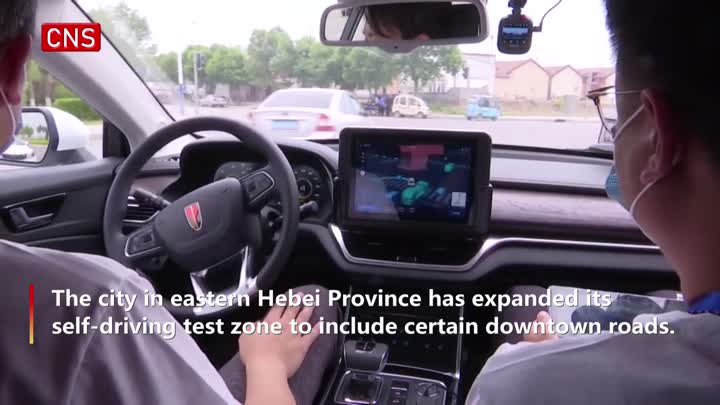As of Wednesday, all 50 U.S. states will have begun lifting at least some of the restrictions imposed on daily life by the novel coronavirus.
That is happening while at least 17 states as of Tuesday were still seeing upward trends in average new daily cases over the past week, according to data from Johns Hopkins University.
Connecticut is the last state to begin to lift its original restrictions. As of Wednesday, it will nominally allow offices, outdoor dining spaces, retail stores and malls, museums and zoos to reopen with some restrictions. The state never did shut down manufacturing, outdoor construction, parks or beaches.
Haircutting establishments were slated to reopen Wednesday, as well, but Governor Ned Lamont pushed back the date to June 1. The new reopening date aligns with Rhode Island's. Lamont said he changed the date after hearing from salon employees who said they needed more time to prepare.
"We'll see whether people feel comfortable going back to restaurants," Lamont told CNN on Tuesday morning. "Maybe there will be more takeout. The world will change."
More than 1.5 million confirmed coronavirus cases have been recorded in the U.S., where the death toll was over 91,000 as of Tuesday, according to Johns Hopkins data. Globally, there have been more than 4.8 million confirmed infections and 322,000 deaths.
The nationwide shutdowns to slow the spread of the virus are blamed for more than 36 million people losing their jobs since mid-March.
Despite the nationwide reopening, many public health officials and some political figures continued to raise concerns that increased activity would put Americans at greater risk of a new surge of infections.
Only 16 states have average new daily case rates that have dropped more than 10 percent, which public health experts say is the best guideline for determining when states can relax social distancing rules.
Health experts say it could take weeks to determine if the current wave of reopenings leads to a new spike in COVID-19 cases.
On Monday, Wall Street was buoyed by news of a successful preliminary test of a vaccine for COVID-19 by the biotech firm Moderna Inc. The company's share price rose 20 percent that day.
On Tuesday, New York Governor Andrew Cuomo said that any vaccine to prevent the coronavirus should be distributed fairly without regard for ability to pay.
"The vaccine must be available to all people," Cuomo said at his daily briefing. "It can't be a situation where only the rich, only the privileged can get the vaccine because one company owns the rights and they can't produce enough for everyone."
Cuomo announced that the region including the state capital of Albany on Wednesday would become the seventh of 10 regions to start reopening after securing enough staff to trace contacts of infected people.
New York City, the epicenter of the pandemic in the United States, remains under a strict lockdown.
The governor said New York state would allow gatherings of up to 10 people for the coming Memorial Day weekend.
Moderna's stock closed down Tuesday by 10.4 percent after the medical website STAT reported: "Several vaccine experts … concluded that, based on the information made available by (Moderna), there's really no way to know how impressive — or not — the vaccine may be."
The Dow Jones Industrial Average dropped 390.51 points, or 1.6 percent, to close at 24,206.86 on Tuesday. The S&P 500 fell 1.1 percent to 2922.91, while the Nasdaq Composite lost 0.5 percent and closed at 9185.10.
Following President Donald Trump's announcement that he has been taking hydroxychloroquine to protect against the coronavirus, Vice-President Mike Pence told Fox News he has not joined Trump in taking the drug, which the U.S. Food and Drug Administration has warned about as a COVID-19 treatment.
Trump told reporters during a visit to the Capitol on Tuesday that he believes hydroxychloroquine "gives you an additional level of safety", adding: "People are going to have to make up their own mind."
Trump also sparked controversy over his plans to visit a Ford plant in Michigan on Thursday that manufactures medical ventilators. The company had reiterated its policy Tuesday that all visitors to its plants must wear masks.
Asked whether he will wear a mask when he visits Ford, Trump said that "where it's appropriate, I would do it". The decision depends on the situation and if he "standing right next to everybody", he added.
Ford issued a revised statement that signaled it may allow Trump to not wear a mask.
"Our policy is that everyone wears PPE (personal protective equipment) to prevent the spread of COVID-19," Ford spokeswoman Rachel McCleery said Tuesday. "The White House has its own safety and testing policies in place and will make its own determination."









